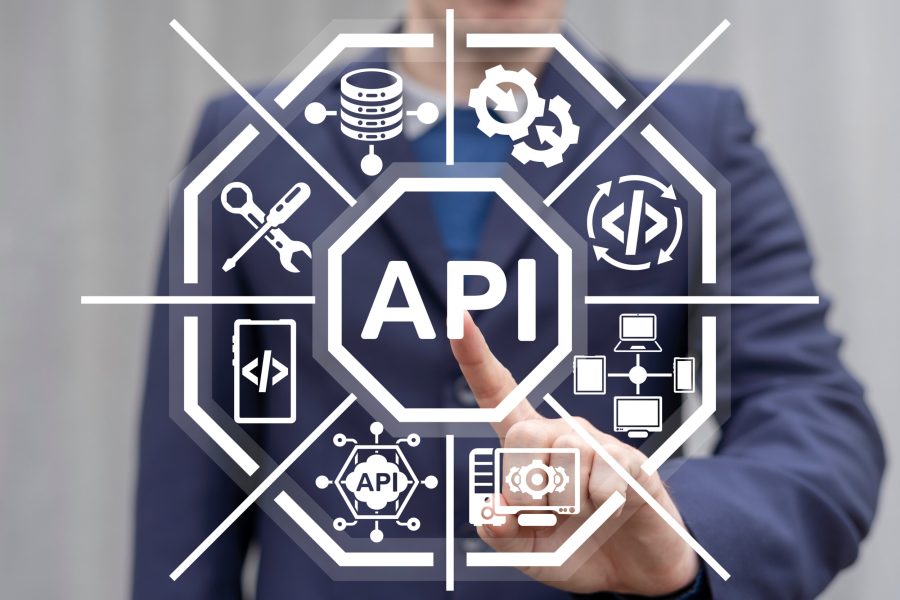Artificial Intelligence (AI) is changing the way sales teams operate. By using AI, companies can better understand customer needs, predict sales trends, and make the sales process more efficient. This article explores how AI is revolutionizing sales, from personalizing customer interactions to predicting future sales.
Key Takeaways
- AI helps sales teams understand customer needs better.
- Predictive analytics can forecast sales trends accurately.
- AI tools can automate routine sales tasks.
- Personalized customer interactions are enhanced with AI.
- AI provides valuable insights that improve sales strategies.
The Role of AI in Modern Sales Strategies
Understanding AI and Its Capabilities
Artificial Intelligence (AI) is transforming the sales landscape by automating tasks and providing deep insights. AI can support more thoughtful customer insight by analyzing vast amounts of data quickly. This allows sales teams to focus on building relationships and closing deals rather than getting bogged down in administrative work.
The Evolution of Sales with AI
Sales processes have evolved significantly with the integration of AI. Traditional methods relied heavily on manual data entry and intuition. Now, AI tools can predict customer behavior, personalize outreach, and even suggest the best times to contact leads. This shift has made sales teams more efficient and effective.
Key Benefits of AI Integration in Sales
- Enhanced Productivity: AI automates routine tasks, freeing up time for sales reps to focus on selling.
- Improved Accuracy: AI-driven analytics provide real-time insights, helping teams make data-driven decisions.
- Better Customer Engagement: AI enables hyper-personalization, tailoring interactions to individual customer needs.
By leveraging AI, sales teams can operate more efficiently and effectively, ultimately driving better outcomes and higher satisfaction for both the sales team and their customers.
AI-Driven Personalization in Sales
Hyper-Personalization Techniques
AI allows sales teams to create highly personalized messages by analyzing vast amounts of data. This means understanding buyer behavior, preferences, and pain points. AI can scan a company’s press releases, blog posts, and social media activity to identify key trends and topics of interest. This information helps in crafting messages that are not only relevant but also timely, increasing the likelihood of a positive response.
Enhancing Customer Engagement
AI tools can significantly enhance customer engagement by moving beyond automated emails and focusing on delivering meaningful insights. For instance, AI can help sales teams understand customer needs and pain points, which informs every decision in customer interactions—from pitches to overall outreach approaches. This leads to a deeper connection and trust between the sales team and the buyer.
Case Studies of Successful AI Personalization
Several companies have successfully implemented AI-driven personalization in their sales processes. For example, a marketing agency used AI to analyze customer data and predict needs, enabling preemptive solution offerings. This not only increased engagement but also positioned the company as attentive and proactive. Another case involved using AI to personalize sales pitches and proposals, making every interaction with prospects feel tailor-made.
AI-driven personalization is not just a trend but a necessity for organizations aiming to enhance sales effectiveness and improve win rates.
Predictive Analytics and Sales Forecasting
How Predictive Analytics Works
Predictive sales forecasting uses a variety of methods and algorithms. Some popular ones include linear regression, time series analysis, and machine learning. These techniques analyze past data to identify patterns and trends, helping businesses predict future outcomes. By leveraging these methods, companies can make more informed decisions and optimize their sales strategies.
Improving Sales Forecast Accuracy
AI can provide more accurate sales forecasts compared to traditional methods. By considering a wide range of variables and analyzing large datasets, AI can identify patterns and trends that may not be apparent to human analysts. This leads to more reliable sales forecasts and better decision-making.
Real-World Applications of Predictive Analytics
Predictive analytics can be used to determine the best time to reach out to a prospect based on their past behavior, typically stored in a CRM (Customer Relationship Management) tool. For example, if a customer has visited a company’s website but not made a purchase, the business could use predictive analytics to determine the best time to reach out to them with a special offer or coupon. Additionally, predictive analytics can help businesses identify which products are most likely to be purchased by a particular customer, allowing for more targeted marketing efforts.
AI Tools Transforming Sales Processes
Popular AI Tools for Sales Teams
AI tools are designed to help sales teams by automating tasks, analyzing data, and providing actionable insights. These tools include AI-powered CRM systems, conversational AI assistants, and sales enablement platforms that enhance the effectiveness of sales strategies and operations.
Automating Routine Sales Tasks
AI can handle routine tasks like scheduling meetings, sending follow-up emails, and managing customer inquiries. This allows sales reps to focus on more important activities, such as building relationships and closing deals. By automating these tasks, sales teams can save time and increase productivity.
Maximizing Efficiency with AI
AI tools can analyze large datasets to provide insights that help sales teams make better decisions. For example, AI can identify high-potential leads, suggest the best times to contact them, and even personalize sales pitches based on customer behavior. This not only improves efficiency but also enhances the overall sales process.
AI tools are revolutionizing the sales process by providing sales teams with the resources they need to succeed. From lead generation to customer engagement, AI is making it easier for sales teams to achieve their goals.
Challenges and Considerations in AI Adoption
Overcoming Implementation Barriers
Adopting AI in sales isn’t always smooth. Training your AI tools is crucial. Just like a new team member, AI needs to learn about your company, its language, and its audience. The more experience it gets, the better it performs. Don’t be discouraged if the first results aren’t perfect.
Ethical Considerations in AI Use
AI often needs access to sensitive data, like client information or company performance insights. This can be scary, but it’s not new. Think about your email accounts—they also hold sensitive data. Before using AI, understand what data it will access and how it will be protected.
Future Trends and Predictions
AI is changing fast. To keep up, businesses need to invest in flexible, future-proof solutions. This means choosing AI tools that can grow and adapt with your company. The future of AI in sales is exciting, with endless possibilities for improving efficiency and accuracy.
AI offers immense potential for transforming sales processes, but with change comes challenges. From resistance to fear, learn how you can overcome objections and embrace the future of sales.
AI as a Catalyst for Sales Training and Development

Personalized Training Programs
AI is transforming sales training by offering personalized training experiences. AI-powered platforms can simulate various sales scenarios, allowing reps to practice and hone their skills in a risk-free environment. These platforms adapt to individual learning styles and pace, ensuring each salesperson gets the training they need to succeed.
Simulating Sales Scenarios with AI
AI can create realistic sales scenarios for training purposes. Sales reps can engage in virtual role-playing exercises that mimic real-life situations. This helps them develop their skills and build confidence without the pressure of actual sales calls.
Continuous Learning and Improvement
AI-driven analytics provide real-time insights into sales performance, identifying areas for improvement and enabling proactive decision-making. For example, AI can track and analyze sales calls, provide feedback on conversation techniques, and suggest ways to improve engagement. This continuous feedback loop ensures that sales reps constantly refine their skills and strategies, leading to better outcomes.
AI is not just a tool for automation; it’s a powerful ally in enhancing the human connection in sales. By providing personalized training and continuous feedback, AI helps sales teams operate more efficiently and effectively.
Conclusion
AI is changing the game in sales, making processes faster and smarter. By using AI, sales teams can understand their customers better and predict what they need. This means they can sell more and make customers happier. As technology keeps getting better, the role of AI in sales will only grow. Businesses that use AI will stay ahead of the competition and be ready for the future. So, if you want to improve your sales, now is the time to start using AI.
Frequently Asked Questions
What is AI in sales?
AI in sales uses artificial intelligence technology to help sales teams work more efficiently. It can analyze data, predict trends, and automate routine tasks.
How does AI improve sales forecasting?
AI improves sales forecasting by analyzing past sales data and current market trends. This helps sales teams make more accurate predictions about future sales.
What are the benefits of using AI in sales?
Using AI in sales can save time, increase accuracy, and improve customer engagement. It helps sales teams focus on high-value tasks by automating routine work.
Can AI help personalize customer interactions?
Yes, AI can analyze customer data to provide personalized recommendations and messages. This makes customers feel valued and improves their overall experience.
What are some common AI tools used in sales?
Common AI tools in sales include chatbots, predictive analytics software, and customer relationship management (CRM) systems with AI features.
Are there any challenges to adopting AI in sales?
Yes, some challenges include the cost of implementation, the need for training, and concerns about data privacy and security.










